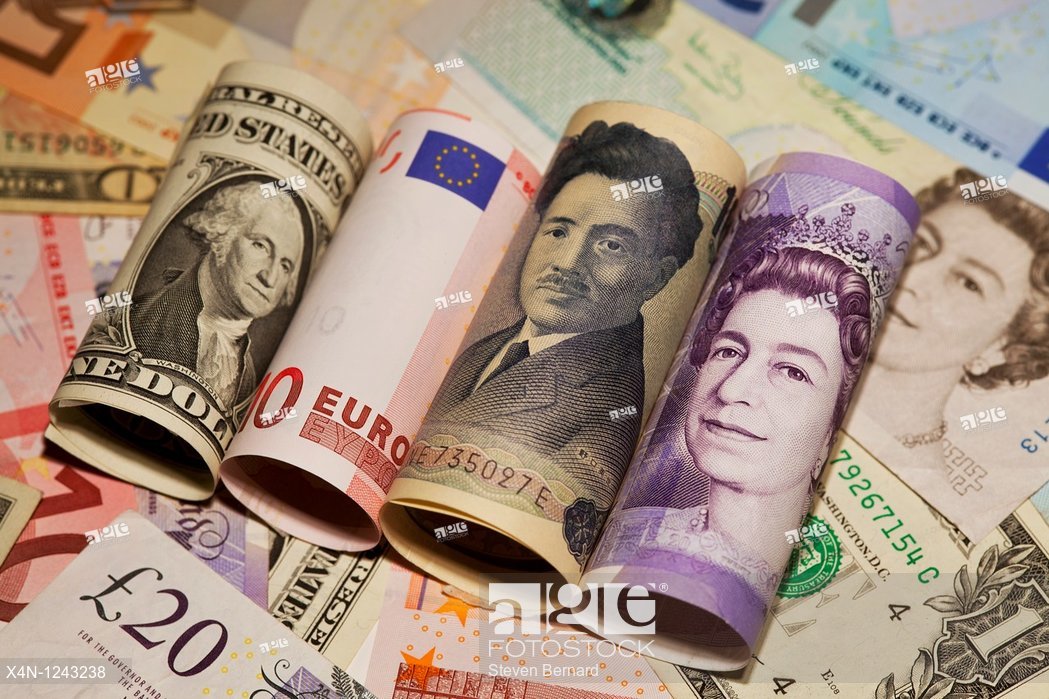Nigeria’s foreign exchange reserve has steadily increased over the last six days, following a 10-week decline of $1.8 billion, suggesting that the country’s external reserve is beginning to recover.
Data from the Central Bank of Nigeria’s website was obtained on Sunday. As of June 6, 2024, the foreign reserve was $32.80 billion, up $110 million from $32.69 billion on May 31.
For the last six days, there has been a steady increase in the reserve, which went from $32.74 billion on June 3 to $32.77 billion on June 4 to $32.79 billion on June 5 before reaching its present level.
The Nigerian economy, which has recently suffered difficulties, is pleased to see the consistent growth in the foreign reserve.
It was reported that the reserve had dipped by $1.8bn between March 18 and May 29, 2024, sparking concerns about the country’s ability to meet its financial obligations. However, the recent increase suggests that the economy is on the path to recovery.
The foreign reserve is a critical component of a country’s economic health, as it serves as a buffer against economic shocks and provides the means to settle international obligations.
With this steady increase, Nigeria’s foreign reserve is expected to continue to grow, bolstering investor confidence and supporting economic growth.
According to Bizwatch Nigeria, the naira strengthened against the US dollar in both the official and black market settings towards the end of March. On the black market, the local currency saw a notable increase in value relative to the US dollar.
This coincided with the announcement by the Central Bank of Nigeria that all legitimate foreign exchange backlogs had been finalized, meeting a significant commitment made by Mr. Olayemi Cardoso, the apex bank governor, to handle an inherited backlog of $7 billion in claims.













